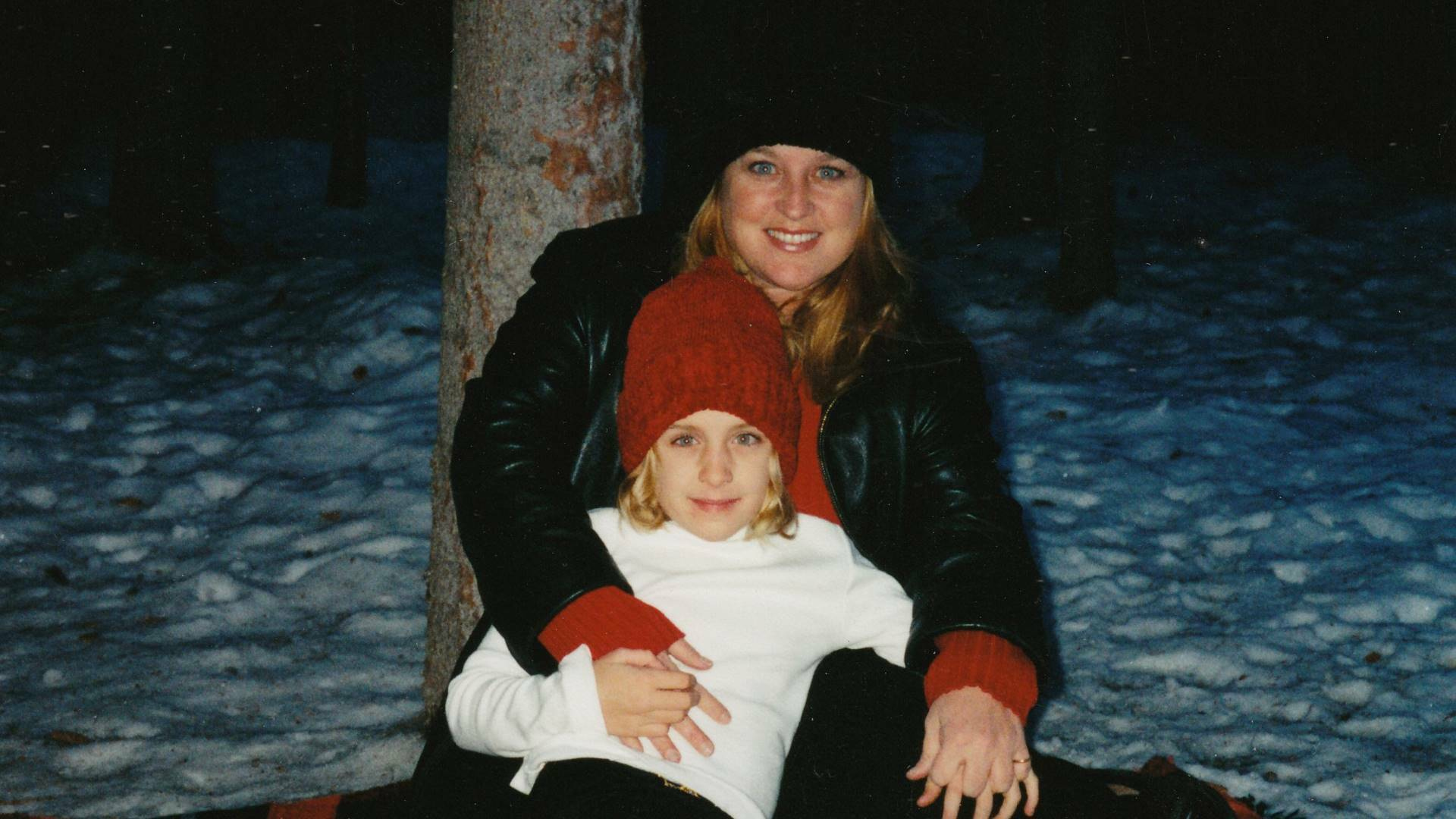“The Kidnapping of Michelle and Breea Renee”: 48 Hours Reports September 6 2025

On Saturday, September 6, 2025, 48 Hours revisits one of the most harrowing crimes in its history with an encore presentation of “The Kidnapping of Michelle and Breea Renee.” Airing at 10:00 PM ET/9:00 PM CT on CBS, the episode revisits the case of a California mother and her daughter who were kidnapped and terrorized, forcing the mother to rob her own bank to save their lives. Tracy Smith reports on the 2000 crime that shocked the country and the complex legal journey that followed.
This chilling case revolves around Michelle Renee, then a bank manager, and her 7-year-old daughter Breea. What began as a quiet evening at home turned into a nightmare of calculated terror, as a group of masked intruders forced their way in, tied them up, and strapped them with fake dynamite. Michelle was told to rob her bank under threat of death, while her daughter remained a hostage. The episode explores not only the terror of that day but also the legal consequences and emotional fallout that lasted for decades.
The Home Invasion: A Mother and Child Held Hostage
On the night of November 21, 2000, Michelle Renee and her daughter Breea were ambushed in their Vista, California home by three masked gunmen. The intruders, led by a man later identified as Christopher Butler, had a chilling plan. They held Michelle, Breea, and Michelle’s roommate Kimbra hostage for over 14 hours. The goal: coerce Michelle, a branch manager at Bank of America, to commit a bank robbery.
The captors bound the victims with duct tape and threatened them with what appeared to be explosives. Butler and his accomplices attached fake dynamite—wooden sticks painted red—to the bodies of all three. Before dawn, Butler issued an ultimatum: Michelle would rob the bank, or Breea would die first. With her daughter’s life hanging in the balance, Michelle complied. She was dropped off at her branch, walked into the vault with a duffel bag, and filled it with $360,000, discreetly alerting a coworker in the process.
The Crime Scene and Immediate Investigation
After handing over the stolen cash to Butler, Michelle was left alone in her car, having survived the ordeal but still wearing the fake dynamite. She returned home, unsure if Breea was alive. She found her daughter and Kimbra unharmed, the intruders gone. Michelle contacted police, who began an intensive investigation.
A key piece of evidence emerged quickly. Michelle recalled a suspicious man who had visited the bank the previous day under the pretense of opening a business account. He left behind a business card bearing the name Christopher Butler. This connection, combined with detailed eyewitness accounts and physical evidence—including masks, gloves, and bank paraphernalia—led authorities to arrest Butler and his fiancée Lisa Ramirez. Their home was found to contain materials used to create the fake bomb and other items tied to the crime.
The Legal Battle: Accusations, Trials, and a Shocking Verdict
Despite overwhelming physical evidence, the legal journey was far from straightforward. Butler and Ramirez were tried together in June 2002. Ramirez had previously confessed to her role in the crime, even claiming credit for the fake bomb idea. However, because her confession also implicated Butler, the judge ruled her entire statement inadmissible to protect his right to a fair trial.
This decision significantly weakened the case against Ramirez. Without her confession, the prosecution had to rely heavily on Michelle’s testimony. The defense seized on this, aggressively attacking Michelle’s credibility and even suggesting she had orchestrated the robbery herself. Butler testified, claiming he and Michelle had an affair and that she recruited him. These allegations were uncorroborated and later recanted, but they created enough doubt for the jury to deadlock on charges related to Michelle’s kidnapping.
Butler was convicted of robbing the bank and kidnapping Breea and Kimbra, receiving multiple life sentences. However, Ramirez was acquitted on all counts. Two other accomplices, Christopher Huggins and Robert Ortiz, were later convicted and received lengthy prison terms. Both men eventually expressed remorse, and Ortiz was granted parole in 2021. Huggins was granted parole in 2025. Butler, after recanting his false testimony, was granted parole in late 2024 after 24 years in prison.
Michelle’s Fight for Truth and Recovery
Michelle Renee faced public scrutiny and character attacks during the trial, despite being a victim. The ordeal caused lasting damage, both professionally and emotionally. She left her banking career and moved to Alaska with Breea shortly after the incident. Over time, Michelle transformed her trauma into advocacy. She pursued a degree in media communication, founded a production company, and authored two books: Held Hostage and Nine Days.
She became a trauma healing practitioner and launched the podcast Soul Wide Open, focusing on recovery and empowerment. In 2025, she interviewed Robert Ortiz in a moment of personal reckoning, choosing to confront her past with compassion rather than anger. Her journey highlights not just survival, but resilience and transformation.
A Mother and Daughter Rebuild Their Lives
Michelle and Breea’s bond remains central to their story. The trauma they endured created an unbreakable connection. Breea later developed a chronic illness that required full-time care, prompting Michelle to dedicate herself as a caregiver while continuing to grow her media business. The two traveled the world together, visiting 17 countries and finding healing through shared experiences.
Breea eventually found love and married in 2024. Michelle relocated to Texas and continues to advocate for trauma survivors, sharing her story through speaking engagements and media. The pair’s story is not just one of survival, but of choosing hope, love, and growth in the face of darkness.
Conclusion: Facing the Past, Building a Future
48 Hours: The Kidnapping of Michelle and Breea Renee revisits an unforgettable crime that changed the lives of its victims forever. More than two decades later, Michelle Renee continues to reclaim her narrative. The encore episode offers viewers a chance to witness the strength of a mother who endured unimaginable fear and a daughter who emerged from trauma with grace and courage.
Though Butler has now been paroled, Michelle’s journey is not defined by what was taken from her—but by what she rebuilt. The episode stands as a sobering reminder of the failings and strengths of the justice system, and a tribute to the enduring resilience of survivors.






